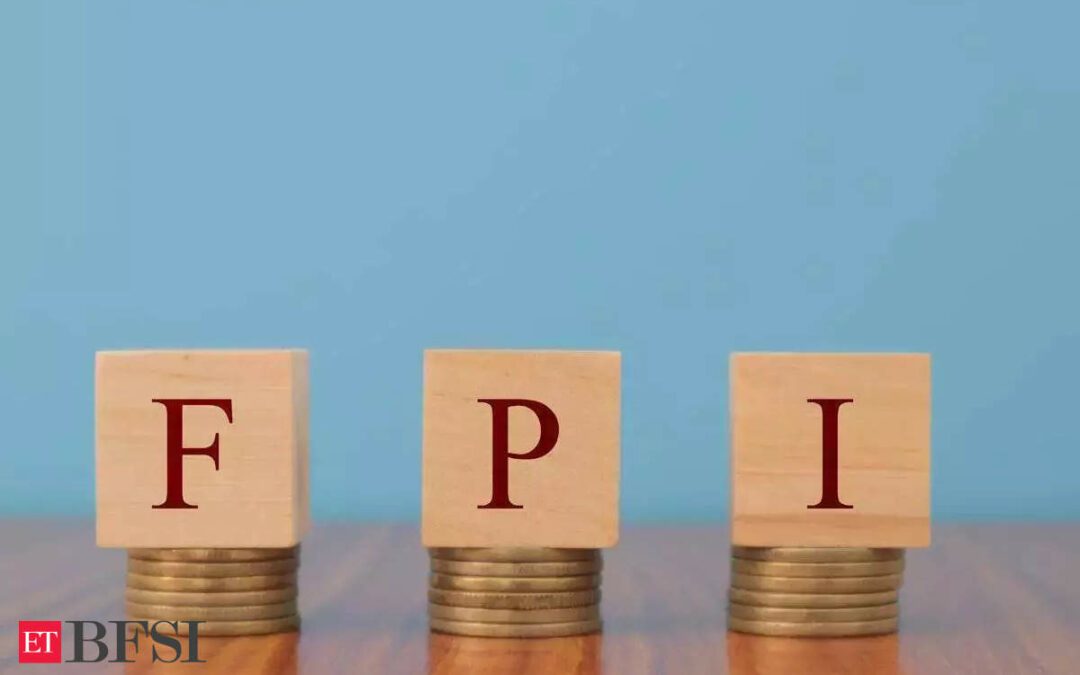After the relentless buying in December, foreign portfolio investors took the slow lane on Dalal Street in January, eventhough markets hit record highs.
In fact, data showed that foreign portfolio investors turned net sellers of equities in the last week after being net buyers in the secondary market in the preceding week.
FPIs net sold Indian equities worth Rs 2,477 crore in the secondary market last week, according to data on Stockedge. They had net bought shares worth Rs 4,436.05 crore in the week ended January 5.
Despite selling by the big bulls, benchmark Nifty 50 clocked weekly gains of around 1% and also scaled a lifetime high of 21928.25 points on Friday.
The gains in the index were primarily driven by information technology stocks following their December quarter earnings, heavyweight Reliance Industries, and a few banking stocks.
Eventhough FPIs slowed down purchases in January, 2023 was the year that markets saw the highest-ever foreign inflows.
FPIs bought Indian equities worth Rs 1.77 lakh crore in 2023, the highest-ever by them in history, in rupee terms. And, almost one-third of the inflows came only in December, which was also the highest inflows in a month in 2023.
Further, almost 45% of the total inflows in December went into only the financial sector, and then to the IT sector.
Notwithstanding the slowdown in inflows this month, market experts see the overall trajectory of inflows remaining positive.
“Since 2024 is expected to witness further declines in US interest rates, FPIs are likely to increase their purchases in 2024 too, particularly in the early months in the run up to the
general elections,” said V.K. Vijayakumar, chief investment strategist at Geojit Financial Services.
In December, FPIs were big buyers in financial services, IT, automobiles, and capital goods, and Vijayakumar expects the trend to continue, going forward.
Not only in equities, but he expects FPI investments in debt also to accelerate, going forward.
(Disclaimer: Recommendations, suggestions, views and opinions given by the experts are their own. These do not represent the views of Economic Times)










